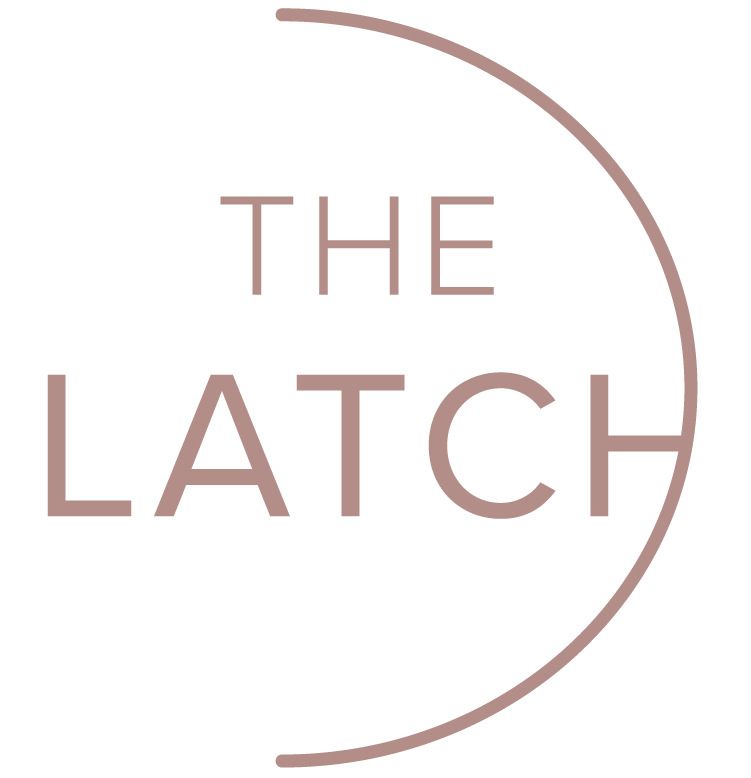The advantages and disadvantages of providing your baby with the most perfect form of nourishment available are well documented. On-going researchcontinues to identify huge numbers of substances that are present in breast milk, which are absent in formula milk, and are impossible to produce artificially. In addition, the composition of breast milk varies throughout each and every feed, and over the months and weeks of breastfeeding, to ensure that the baby receives precisely the optimum amount of fluid and nutrients required at that specific time. Every time they go to the breast, the feeling of well-being that the baby experiences prompts triggers to further develop and grow their brain.[i] Breastfeeding studies have demonstrated [ii]that breastmilk affords protection against a wide range of conditions and infections, including diarrhoea, middle-ear and respiratory infections; several types of skin problems, allergies and asthma; obesity (which in itself carries the risks of heart disease and a variety of cancers) and types I and II diabetes; childhood leukaemia, sudden infant death syndrome (SIDS) and a serious gut emergency called necrotizing enterocolitis which can affect newborns.
Benefits to the breastfeeding mother include regulating fertility during the early period of nursing, also reducing blood pressure and the risk of post-natal depression. Studies[iii]have also demonstrated long term health benefits for those who have breast fed, including reducing the incidences and risks of ovarian and breast cancer in later life, gall bladder disease, osteoporosis, and type II diabetes, hypertension, cardiovascular disease, various allergies and Crohn’s disease; further lowering cholesterol, and being associated with lower rates of obesity and higher IQ. Protection against many of these conditions has been shown to increase (particularly against breast cancer) the longer feeding continues[iv]. Women who nursed for longer than 13 months have also shown a 50% lower incidence of rheumatoid arthritis in later life than those who didn’t breastfeed, and were 25% less likely to develop it if they breastfed for less than 12 months.[v] On the financial side, a study[vi]commissioned by UNICEF BFI (United Nations International Children's Emergency FundBaby Friendly Initiative) to calculate the potential savings to the NHS of a ‘moderate’ increase in breastfeeding showed that amongst other savings, £40 million per year could be saved on the care of sick babies, and £21 million on the treatment of women with breast cancer alone.
In attending ante-natal classes, and reading the content on TheLatch.co.uk, you have sought to arm yourself with information which will guarantee, as far as one possibly can, that your baby will be born as perfect as possible. Following delivery, the ONLY perfect food available for you to give your baby is breast milk. It does not make sense to nurture your unborn baby so meticulously, and then feed them on a substance which we know is not perfectly suited to them! Consider also the ever increasing concern regarding the detrimental effects of our actions on the environment – formula feeding contributes to global warming through cattle grazing, the use of fossil fuels for the production costs of formula milks, their packaging (most formula milk packaging is not recyclable), bottles and teats etc, not to mention the disposal of all of this after use, with plastic bottles and teats containing toxins which are estimated to take up to 450 years to break down in landfill[vii].
The World Health Organization (WHO) recommends[viii]that all babies, worldwide, should be breastfed exclusively (ie without receiving any other fluids or foods whatsoever) for the first six months of life, and thereafter, alongside a mixed diet until the baby is 2 years of age, in order to maximize all the benefits of breastfeeding, to the baby, their mother and the environment. In the UK, 48% of mothers in 2012 were exclusively breastfeeding at one week post delivery. This figure plummets to 25% at 6 weeks, and only 1% at 6 months.[ix] Whilst the WHO recommendation may seem daunting, many mothers find that once they have succeeded in mastering the skills of breastfeeding, they realize precisely how rewarding nursing their baby has become, and choose to continue for much longer than they had perhaps intended. Inevitably there are those who ultimately decide, for a variety of reasons, that breastfeeding is not for them, and naturally, it must always be the mother’s prerogative to decide how her baby is nourished. The Latch will always support our clients’ choices, meanwhile emphasizing that however short a period a new mother may breastfeed, she has provided her baby with invaluable protection against illness, deepened the maternal/infant bond, plus the boost to the baby’s brain development that breastfeeding is now know to provide.
At The Latch, we aim to provide the necessary tools - education, knowledgeable, evidence-based advice, plus the personal support required, to get new mothers off to a sound start with their breastfeeding. Nursing your baby for six months is indeed a very significant commitment, and it can sometimes be a bumpy ride, particularly given the constraints of 21st century life alongside broken nights, returning to work etc. These issues are not, however, insurmountable, and with a bit of expert advice to adapt your own routine, can usually be modified to accommodate the demands of breastfeeding. There is no other single action which will give your baby the very powerful start in life that breastfeeding provides (with the additional benefits to his mother and to the environment), and with sound understanding of how the lactation process works, expert guidance, and close support, the journey can be a deeply fulfilling and enjoyable one for both the mother and her baby.
Sources
[i][i]Graignic-Philippe et al, 2014
[ii]Ip et al 2007
[iii]Singhal, 2001; Armstrong & Reilly, 2002; Cregan et al, 2002; Owen et al, 2008; Khan et al, 2009
[iv]Ip et al, 2007
[v]Pikwer et al, 2008
[vi]Renfrew et al 2012a
[vii]WABA, 2005; Palmer 2009; Linnecar et al, 2014
[viii]WHO, 2002, 2014a
[ix]McAndrew et al (2012)
